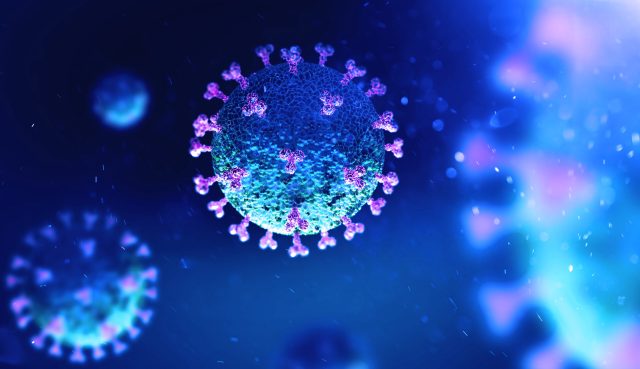Course Summary
A diagnosis of coronavirus disease 2019 in individuals with pre-existing cardiovascular disease can lead to worsening cardiovascular damage or disease in the patient and it may complicate the treatment of the disease. The severe acute respiratory syndrome coronavirus 2 virus, which causes COVID-19, may also lead to cardiovascular damage or disease in an otherwise healthy person. Shortly after the coronavirus reached the level of a pandemic, health professionals began treating patients with pre-existing cardiovascular complications who became infected with the virus. The following sections will cover the epidemiology, pathophysiology, clinical presentation, and treatment of specific cardiovascular complications and their association with COVID-19. This is a new area of practice with evolving medical guidelines and recommendations.
Course Format
Homestudy
Course Syllabus
- Introduction
- COVID-19 and Cardiovascular Disease
- CVD and COVID-19 Transmission
- Detecting Pre-existing Cardiovascular Conditions
- COVID-19 Inflammation and CVD Risk
- Treatment Recommendations
- Epidemiology
- Cardiac Arrhythmias
- Heart Failure
- Myocardial Damage
- Pathophysiology of CVD in COVID-19 Patients
- Primary Mechanisms of CV Damage/Complications
- Secondary Mechanisms of Cardiovascular Damage/Complications
- Clinical Presentation and Treatment
- Thrombotic Complications of COVID-19
- Epidemiology
- Pathophysiology and Clinical Presentation
- Laboratory Abnormalities and Evaluation
- Anticoagulation Treatment
- Case Study: Cardiovascular Disease in a COVID-19 Patient
- Discussion
- Summary
Authors
Noah H. Carpenter, MD
Dr. Noah Carpenter is a Thoracic and Peripheral Vascular Surgeon. He completed his Bachelor of Science in chemistry and medical school and training at the University of Manitoba. Dr. Carpenter completed surgical residency and fellowship at the University of Edmonton and Affiliated Hospitals in Edmonton, Alberta, and an additional Adult Cardiovascular and Thoracic Surgery fellowship at the University of Edinburgh, Scotland. He has specialized in microsurgical techniques, vascular endoscopy, laser and laparoscopic surgery in Brandon, Manitoba and Vancouver, British Columbia, Canada and in Colorado, Texas, and California. Dr. Carpenter has an Honorary Doctorate of Law from the University of Calgary, and was appointed a Citizen Ambassador to China, and has served as a member of the Indigenous Physicians Association of Canada, the Canadian College of Health Service Executives, the Science Institute of the Northwest Territories, Canada Science Council, and the International Society of Endovascular Surgeons, among others. He has been an inspiration to youth, motivating them to understand the importance of achieving higher education.
Dana Bartlett, RN, BSN, MSN, MA, CSPI
Dana Bartlett is a professional nurse and author. His clinical experience includes 16 years of ICU and ER experience and over 27 years as a poison control center information specialist. Dana has published numerous CE and journal articles, written NCLEX material, textbook chapters, and more than 100 online CE articles, and done editing and reviewing for publishers such as Elsevier, Lippincott, and Thieme. He has written widely on the subject of toxicology and was a contributing editor, toxicology section, for Critical Care Nurse journal. He is currently employed at the Connecticut Poison Control Center. He lives in Wappingers Falls, NY.


